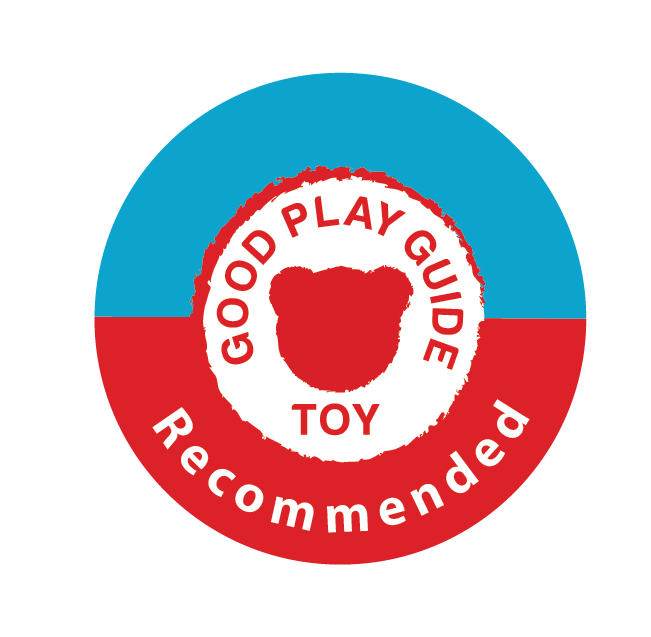Developmental Milestones: 2 Years
A variety of activities and challenges are becoming increasingly in demand, as your child’s attention span is still very short. They may get bored and distracted easily.
Playing with others is becoming more common, although sharing and turn taking can still be challenging and children will still enjoy independent or parallel play, so don’t worry if your toddler isn’t ‘playing nicely’ with other children yet.
As balance is increasing, you will find that two feet to two feet jumping is within many children’s reach.
Language is starting to take shape, and words are beginning to be linked together to make longer sentences.
Imaginative play and make believe are becoming more appealing as children move towards their third birthday. As their understanding of the world they are part of starts to make more sense, their imagination takes off and they enjoy pretending and immersing themselves in fantasy worlds. Dressing up can be great fun and parents may find that a child wants to live continually in his favourite costume.
Please keep in mind that these milestones are guidelines only, as all children are different and develop at their own pace. Do not be concerned if your child does not perfectly ‘tick all the boxes’ and avoid comparing your child to other children of a similar age. If you are worried that your child’s development is particularly delayed, visit your GP.
- Children will become distracted or bored easily, so play needs to be varied and accessible
- Children will have a concentration span of 6 minutes at a time, on average
- As their executive control system continues to mature, children may choose and plan their own activities
- As children learn the concept of ‘object permanence’ (Piaget), they will be able to look for and find objects they want to play with (for example a toy at the bottom of their toy box)
- An understanding of ‘object permanence’ also means children are getting better at hide and seek!
- Children are learning the difference between reality and fantasy, so they have amazing imaginations
- Children may still struggle with being separated from their comfort zone – familiar toys or blankets can help with this
- Children will engage in small world play, where they can enjoy being in charge (unlike in their everyday lives!) and also make sense of situations in their lives (such as routine activities, for example going shopping)
- Children are starting to enjoy socialising and playing with other children
- Children are learning how to take turns and share, although they may need frequent adult intervention to help them understand the importance of this
- Balance is improving, and children are able to perform movements such as jumping from two feet to two feet
- It is important to support children while they learn their physical limits and gain confidence
- Children can kick a ball and participate in more physical activities (such as soft play)
- At this stage it is far more beneficial for children to be walking or running rather than sitting in a pushchair
- Balance bikes, trikes and scooters are good ways of helping children move quickly (we all know the walk to school or nursery can take all day!) whilst still developing their muscles and fitness
- As words become more comprehensible and linked together (often between 2 and 4 words) children try and communicate more frequently
- Children have a real sense of the meanings of words and can point to an object when asked
- Frustration is common when a child’s thought processes are more advanced than his language skills (often resulting in toddler tantrums!) – you can encourage language development and reduce frustration by not trying to pre-empt the child’s every need
- During play a toddler will pretend objects are everyday items – for example, a remote control may be used as a telephone. You can use these opportunities to encourage your child to converse, such as using the ‘phone’ to tell Granny what happened at nursery today
- Imaginative, pretend play is starting to emerge around now and children are not limited by a realistic understanding of the world, so they are free to create exciting fantasies that can seem very real to them
- Dressing up and role play are excellent games that encourage their imagination and may begin their interest in the performing arts
- Dancing and singing along to their favourite music is great for a creative mind and also their physical well being
- 2 year olds will be showing an interest in why things happen, using play to explore new experiences. You may start to hear a lot of “why?” questions from your child, as they try to gain more information about the world
- They will be showing an interest in technology and may be starting to use computers and tablets
- Children will recognise some special events, such as birthdays
- They will be learning the concept of past and future (understanding phrases such as ‘before’, ‘later’ or ‘soon’)
- Children will anticipate time-based events such as home time
- Small world play (such as playing with toy farms) is becoming popular
- Children recognise their immediate family and relatives, and are beginning to have their own friends
Children love to play and this is a great way to support their development and learning. See below for our independently tested and approved toys and apps to support your 2 year old’s cognitive development.










